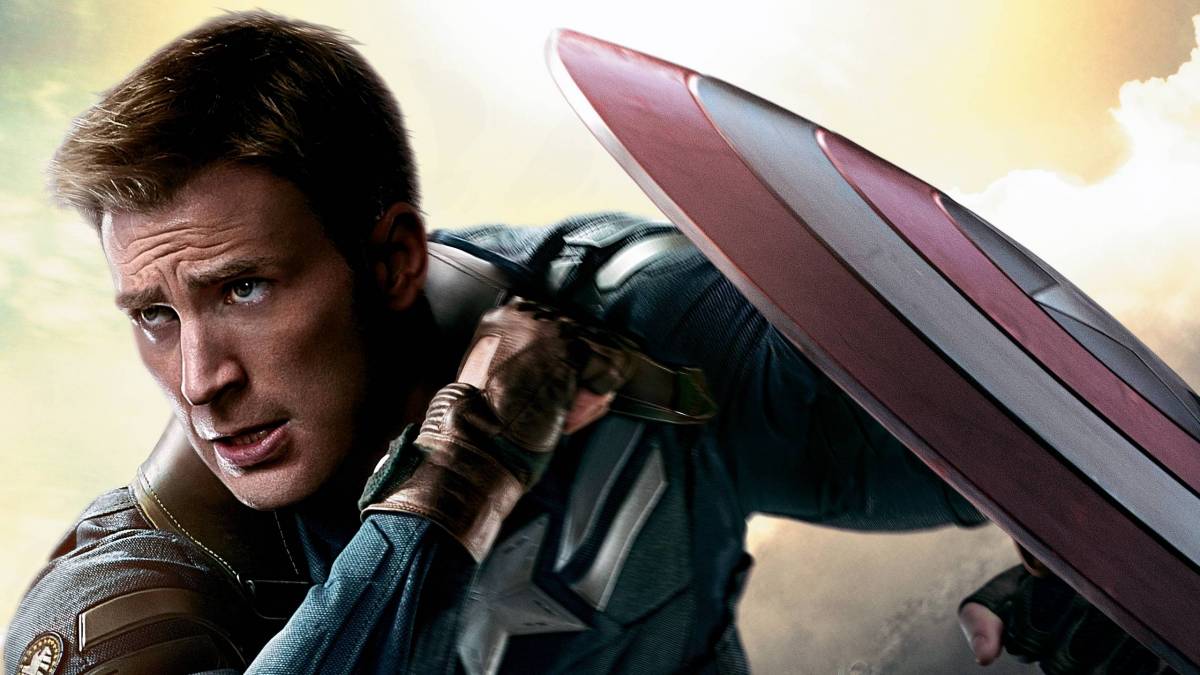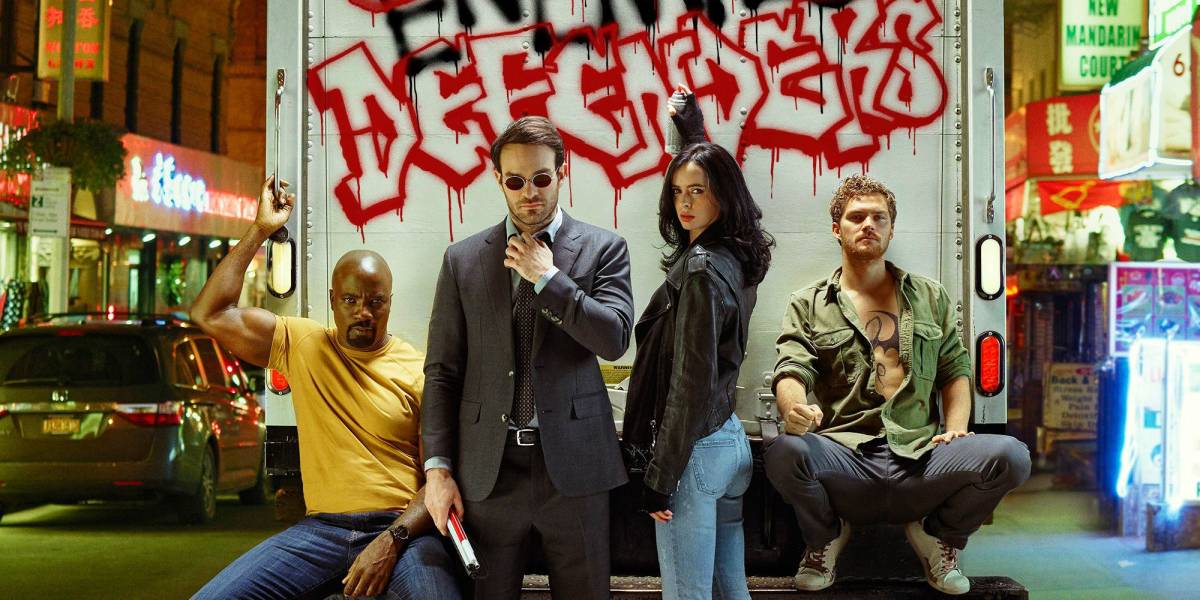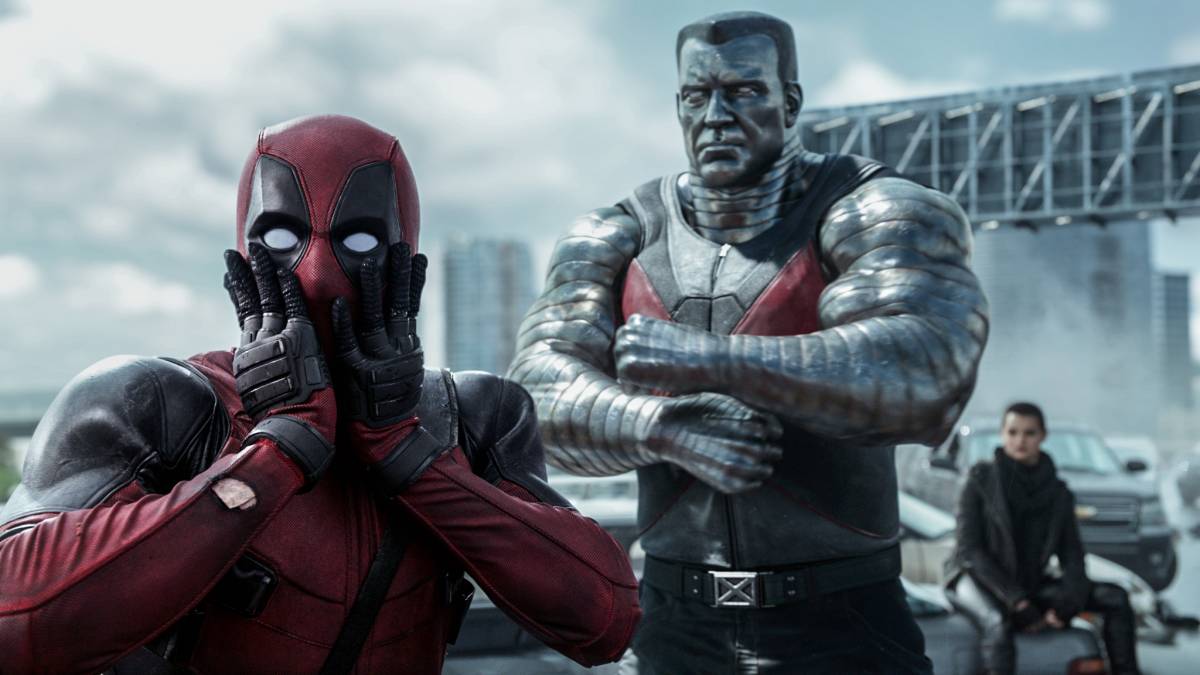If you told someone twenty years ago that Marvel would end up producing their own blockbuster movie franchise, led by characters like Iron Man, Captain America and the Guardians of the Galaxy, they would probably laugh at you. Back in 1997, Blade, the Marvel movie that arguably started this whole superhero craze we’ve been swept up in, was still yet to hit.
In fact, if you went back just ten years, you would probably still get a confused look out of people for making that same claim. Although fans knew that Iron Man was on its way, and Ant-Man had been in pre-production for a few years, they would still have little idea of the behemoth that Marvel Studios would become. Just ten years ago, the events of Marvel Comics were completely alien to the average moviegoer. This writer recalls once talking to a friend about the storyline ‘The Death of Captain America’ in which- well, you can probably figure out what happened- and in response, was met with ‘Who’s Captain America?’
Such a question would seem laughable now, as Captain America has become as much a household name as Superman.

But for every new superhero that wows us in a Marvel Studios, Warner Bros or 20th Century Fox film, audiences take a collective step towards having superhero fatigue. In fact, many already claim to have been affected by such a thing, and are just waiting for the rest of us to snap out of our addiction to costumed heroes and villains.
So, when exactly will superhero movie fatigue hit?
The yearly film slate is currently more stuffed full of comic-book movies than ever before. Whereas in 1997 we had a grand total of zero blockbuster superhero movies, this past year we’ve had four so far, and that’s not even counting the animated films (The LEGO Batman Movie), the direct-to-video flicks (Batman and Harley Quinn), the non-superhero focused comic-book adaptations (Atomic Blonde), or the upcoming hits like Thor: Ragnarok and Justice League.
So, in total, that’s six mainstream superhero movies.
Going forward, we’ll be getting around seven a year, not including the wider array of general comic-book adaptations that were previously mentioned. Seven movies that general audiences will probably end up seeing most of. Then tens of films that the more hardcore comic-book fans will likely seek out. In truth, it’s a comic-book fan’s paradise, but the steady increase of properties hitting our screens will more than likely soon be too much.
Some prominent names in the film industry have already spoken out about when or why we’ll reach boiling point. Two years ago, esteemed director Steven Spielberg told The Associated Press:
We were around when the Western died and there will be a time when the superhero movie goes the way of the Western. It doesn’t mean there won’t be another occasion where the Western comes back and the superhero movie someday returns. Right now the superhero movie is alive and thriving; I’m only saying that these cycles have a finite time in popular culture.
And to be fair to Spielberg, he’s not wrong. While some may claim the Western is still alive and well, how many true westerns do we get these days? Instead, the western generally seems to be a separate ingredient that is added to the main dish; a condiment for genres like science-fiction, that leads to us getting films like Cowboys & Aliens (a comic-book adaptation) and television shows like Westworld (another reboot for the modern age).
‘But Spielberg said that two whole years ago, and it hasn’t happened yet!’ you might say. While that may be true; two years ago, the superhero genre was still relatively young. Yes, there have been superhero films coming out for decades, with classics like Batman and Superman: The Movie flying onto cinema screens before some of us were even born, however that was when superhero films were a sub-genre of science-fiction and fantasy. Now, the superhero film is its own distinct being, and in 2015, it only just starting to realise its true potential.
Two years on from Avengers: Age of Ultron and Spielberg’s comment, superhero films (Marvel movies in particular) are so commonplace that trailers for them are attached to nearly every blockbuster film of every other genre. Almost everyone is invested in the ongoing narrative of the Marvel Cinematic Universe, that will be seventeen films strong when Thor: Ragnarok hits. And once Ragnarok does hit? Within half a year, we’ll be getting Black Panther’s first solo outing. After that? The highly-anticipated Avengers: Infinity War – the film that everything has been building to.
So while Spielberg’s predictions haven’t struck just yet; looking at the upcoming slate of Marvel movies, we could estimate a potential moment in time when the fatigue will hit. And that time is in the next couple of years, unless the genre undergoes a massive overhaul.
Because the problem with everything building to Avengers: Infinity War is that it would imply that that’s where the Marvel Cinematic Universe will come to an end. But that won’t be the case. Although Marvel Studios head-honcho Kevin Feige has stated the MCU will be very different post-Infinity War, we know that thing’s won’t have changed too much from a tonal or storytelling perspective, because the first film after Avengers 4 will be the sequel to Spider-Man: Homecoming. And having finally got the tone of Spider-Man right after three attempts in the past decade and a half, do you really think co-producer Sony is going to want to change things up too much, even if Marvel does now have creative input? Of course not. This whole franchise is all about making money. And if you stray too far from the known formula; you risk a loss in profit.
Even if things do change more than expected, it may already be too late. Marvel movies have already become more-or-less the same in terms of tone and characters. You can raise the stakes; have the Avengers and the Guardians of the Galaxy team-up to fight Thanos; but the way the films are made will remain the same.
And after reaching a logical end, only to keep going, that’s where the fatigue will start to kick in.
You can already see it happening. Fans bemoan the fact that Iron Man, Ant-Man and Doctor Strange are more-or-less the same films, even though there are eight years between the former and the latter. While some champion Marvel’s use of humour and their ability to embrace the fantastical aspects of the comic-books that they’re adapting, others feel that their quip-a-minute tendencies are becoming a bit much.
Even Marvel’s Netflix shows are no longer safe. While Jessica Jones and Daredevil were applauded for breaking the mould, their successors, Luke Cage, Iron Fist and even the ensemble show The Defenders are starting to fall into the same pattern and missing the bullseyes Marvel once so effortlessly hit. And then there’s the ABC series. But they weren’t always that successful to begin with so we’ll just move swiftly past those.

And if Marvel, the juggernaut of the superhero film brigade, starts failing to capture the hearts of the audiences, then what of their competitors? At this stage, Sony’s attempts at superhero films are already viewed as somewhat cynical money-grabbing attempts, while Fox’s most recent superhero film, Logan, which is praised as being one of the best (if not the best) in the series, is perhaps the least superheroic.
And then there’s DC, who are so desperate to prove that their world-famous characters can star in films as successful as Marvel’s B-Listers. While they have had success with Wonder Woman, it’s still a waiting game as to whether they’ll maintain that high standard with follow-ups like Justice League and Flashpoint.
So although superhero films are starting to diversify and hit new angles, the fact that, at their core, they mostly remain relatively the same means that that fatigue is coming, and it’s coming soon. If not by the end of this decade, then the start of the next.
But what happens after the fatigue has hit and audiences grow bored of seeing men and women fly about the screen in tights?
We know Marvel has their films planned until 2028, at the very least. And DC has announced so many films that it will probably take at least a decade to get through them all, if they’re of a decent quality. So if they can, they’ll make those films.
And the comic-book fans will continue to buy tickets, because they want to see every adventure their heroes go on, and make sure their favourite characters are done justice. In a way, the behaviour of comic-book fans is indicative of how general audiences will one day react to these films, and may show how history is now repeating itself, as films take on a more serialized nature that’s akin to the publication of comic-books.
Way back in 1938, a title called Action Comics hit the stands. You may have heard of it; it’s only the most important (and now most expensive) comic-book of all time. Action Comics #1 was the debut issue of Superman, and truly kicked off the superhero craze in comic-books, leading to where we are today. Other hit characters like Batman, the Flash (well, a Flash – Jay Garrick, as opposed to the now widely known Barry Allen) and Wonder Woman soon followed. But even with the creation of Superman and the characters we would one day call the Justice League, comic books didn’t have such a smooth ride.

Because while the characters of DC (or rather, it’s predecessor National Allied Comics) and its competitors like Timely Comics (the predecessor of Marvel) were all the rage in the thirties and forties, they eventually started to die out. What was the use of a character like Captain America if the world was no longer at war?
The comic-book fandom had experienced superhero fatigue, much like modern day audiences are now on the way to doing with the movies, and the ‘Golden Age’ of superhero comics came to an end. Instead, publishers turned their pens to writing stories based in other genres, such as horror, romance and crime. The industry changed as it continued to find itself, and after a period of transition, the ‘Silver Age’ of comic-books began. The ‘Silver Age’ brought us new heroes to root for, such as the second Flash (Barry Allen), a new Green Lantern, and over at the newly renamed Marvel Comics, the Fantastic Four. There have been a few hiccups since then, as comic-books entered their ‘Bronze Age’ and eventually the ‘Modern Age’, but fan’s investment in the superhero genre has remained strong ever since the ‘Silver Age’ began.
But what does that history lesson mean for the modern-day movies? Well, using the analogy of the various comic-book ‘ages’, we can conclude that the these past twenty or so years have been the ‘Golden Age’ of superhero cinema. We’re now close to experiencing the lull that superhero comic-books went through in the late forties. The fatigue will hit, as predicted, but after that, we’ll enter the ‘Silver Age’ – proving Spielberg right, in a way. The fatigue will start to dissipate, and superhero films will likely continue strong for a long, long time.
And so, after ten years of being conditioned to follow each step in a cinematic superhero universe, general audiences will continue to go watch these films, regardless of how much they’re interested in the concept, albeit at a lower turnout. Because that desire, that addiction, to follow every chapter is now embedded in us all.
Some of the coverage you find on Cultured Vultures contains affiliate links, which provide us with small commissions based on purchases made from visiting our site.

